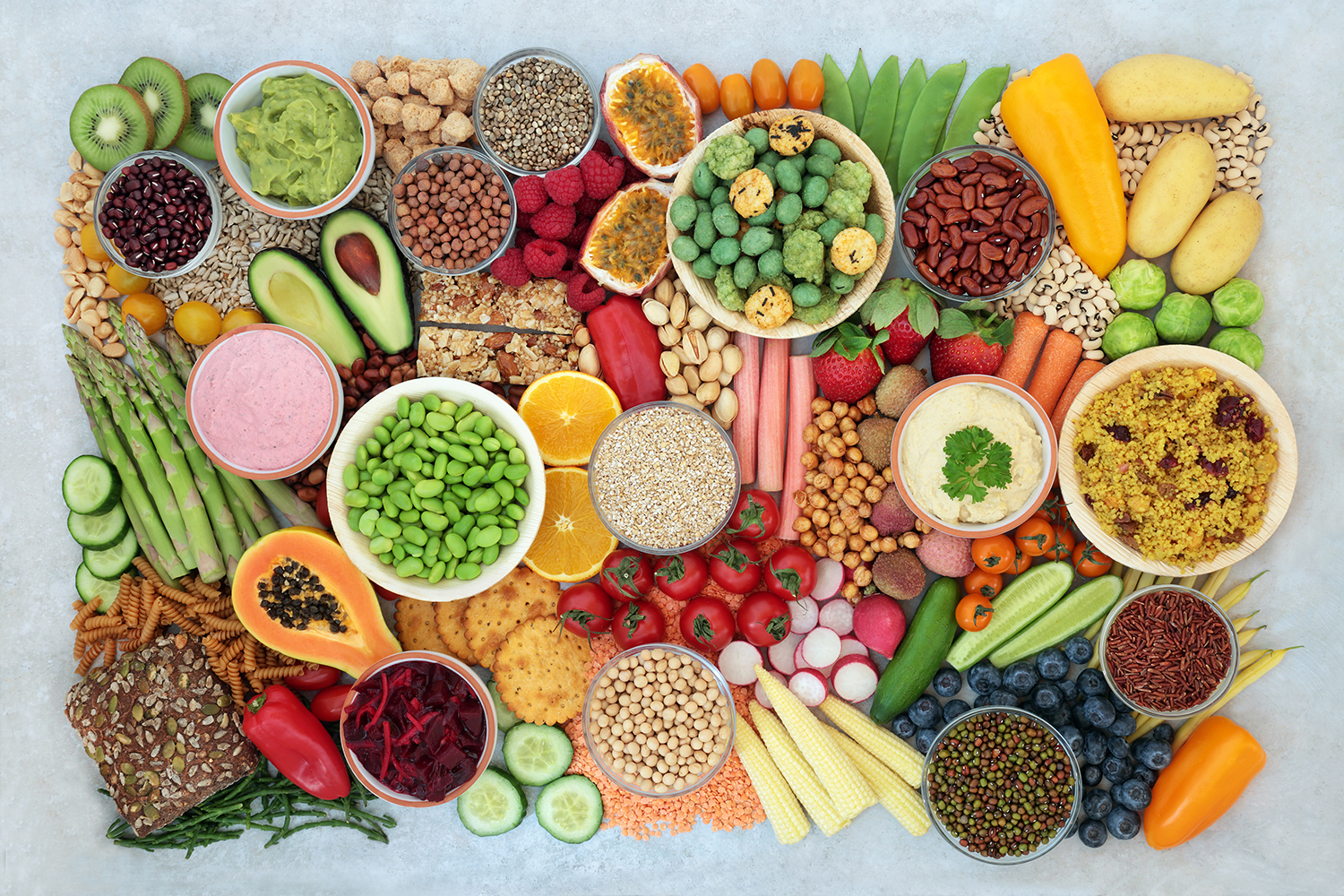A strong immune system is the body’s frontline defense against infections, illnesses, and chronic diseases. While no single food can guarantee immunity, certain nutrient-rich foods—often referred to as superfoods—can significantly enhance your body’s natural defenses. Incorporating these superfoods into your diet can help you stay healthier year-round.
Here’s a look at some of the most effective superfoods known to boost immunity:
1. Citrus Fruits
Examples: Oranges, lemons, grapefruits, limes, tangerines
Citrus fruits are packed with vitamin C, a powerful antioxidant known to increase the production of white blood cells, which are vital to fighting infections. Since the body doesn’t store vitamin C, daily intake is essential.
2. Garlic
Garlic contains allicin, a sulfur-rich compound with immune-boosting properties. It’s known for its antiviral, antibacterial, and antifungal effects. Regular consumption of raw or lightly cooked garlic can help ward off common colds and infections.
3. Ginger
Ginger helps reduce inflammation and may help with sore throats and nausea. It has antioxidant and anti-inflammatory properties that support immune function. Fresh ginger tea or adding grated ginger to meals can provide a healthy kick.
4. Yogurt
Look for yogurts with live and active cultures, such as probiotic-rich Greek yogurt. Probiotics help regulate the gut microbiome, which is closely linked to immune health. Yogurt is also a good source of vitamin D, which further supports the immune system.
5. Leafy Green Vegetables
Examples: Spinach, kale, swiss chard
These greens are loaded with vitamins A, C, E, and folate. They also contain antioxidants and fiber, which contribute to a healthy gut and immune system. Light cooking preserves nutrients and enhances the absorption of certain compounds.
6. Berries
Examples: Blueberries, strawberries, elderberries
Berries are rich in antioxidants, particularly anthocyanins, which help reduce oxidative stress and inflammation. Elderberries, in particular, have been traditionally used to fight colds and flu.
7. Turmeric
This golden spice contains curcumin, a compound with strong anti-inflammatory and antioxidant properties. Turmeric supports immune regulation and has been studied for its potential to combat viral infections.
8. Nuts and Seeds
Examples: Almonds, sunflower seeds, chia seeds
These are excellent sources of vitamin E, healthy fats, and zinc—all of which contribute to immune function. A handful of nuts or seeds makes for a nutritious snack that supports your body’s defenses.
9. Green Tea
Green tea is rich in epigallocatechin gallate (EGCG), an antioxidant known to enhance immune function. It also contains L-theanine, which may aid in the production of germ-fighting compounds in your T cells.
10. Fatty Fish
Examples: Salmon, mackerel, sardines
Fatty fish are a rich source of omega-3 fatty acids, which reduce inflammation and support immune health. They also provide vitamin D, which plays a critical role in regulating immune responses.
11. Mushrooms
Examples: Shiitake, maitake, reishi
Certain mushrooms are known for their immune-modulating properties. They enhance the activity of natural killer cells and white blood cells. Shiitake mushrooms, in particular, are a great dietary addition for immunity.
12. Papaya and Kiwi
These tropical fruits are rich in vitamin C, potassium, vitamin K, and folate. Papaya also contains papain, an enzyme with anti-inflammatory effects that supports digestion and immune health.
Tips to Maximize Immunity Through Diet
-
Stay hydrated: Drink plenty of water to help the body naturally eliminate toxins.
-
Limit sugar and processed foods: Excess sugar can suppress immune function.
-
Diversify your plate: A variety of foods ensures a wide range of immune-supportive nutrients.
-
Cook smart: Avoid overcooking vegetables to preserve their nutrients.
Conclusion
Superfoods can’t replace medical care or a healthy lifestyle, but they can significantly strengthen your immune system. By regularly including these powerful foods in your diet, you can help your body fight off illness more effectively and maintain long-term health.





Comments (0)
Leave a Comment
No comments yet. Be the first to share your thoughts!